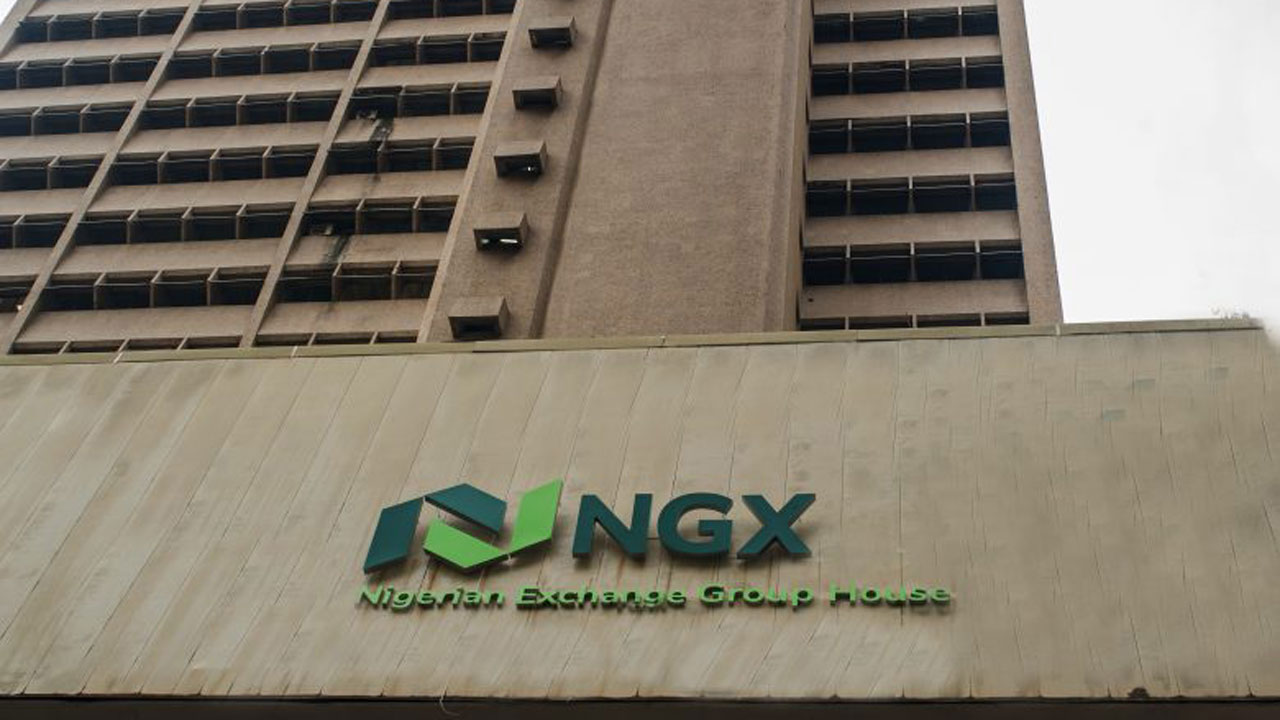The British Pound Sterling, on Tuesday, March 7, slumped to a seven-week low versus the dollar on, driven by weaker economic data.
The pound fell against all Group-of-10 currencies. The House of Lords’ final debate Tuesday on a Brexit bill threatens to disrupt the government’s plan for exiting the EU.
Sterling was also pressured by data showing declining retail sales and slowing house-price increases in the U.K., adding weight to predictions for waning economic momentum this year.
“There’s a combination of near-term pound headwinds, a perfect storm one may say, that is weighing on the currency,” said Viraj Patel, a currency strategist at ING Groep NV in London.
“The Lords’ Brexit bill is one element adding to the uncertainty. But we also had weak U.K. data, which gave a bit of a reality check on expectations of a resilient U.K. consumer in 2017.”
The focus is also on tomorrow’s U.K. budget, where expectations are for a more conservative fiscal stance, Patel says
The near-term outlook doesn’t seem “particularly constructive and we suspect markets don’t want to be caught holding GBP ahead of these headwinds plus potential Article 50 noise in the next few weeks,” he says.
With the Brexit bill draft now being sent back to the House of Commons where the Lords’ proposed amendments will be looked into, analysts at Credit Agricole CIB said they “keep a cautious stance with respect to GBP and believe rallies should still be sold”
This is due to “both intact uncertainty as related to Brexit and strongly capped BOE monetary policy expectations”
GBP/USD falls 0.3% to 1.2199, after a low of 1.2183, the weakest since Jan. 17; is now trading below Fibonacci support at 1.2261.











